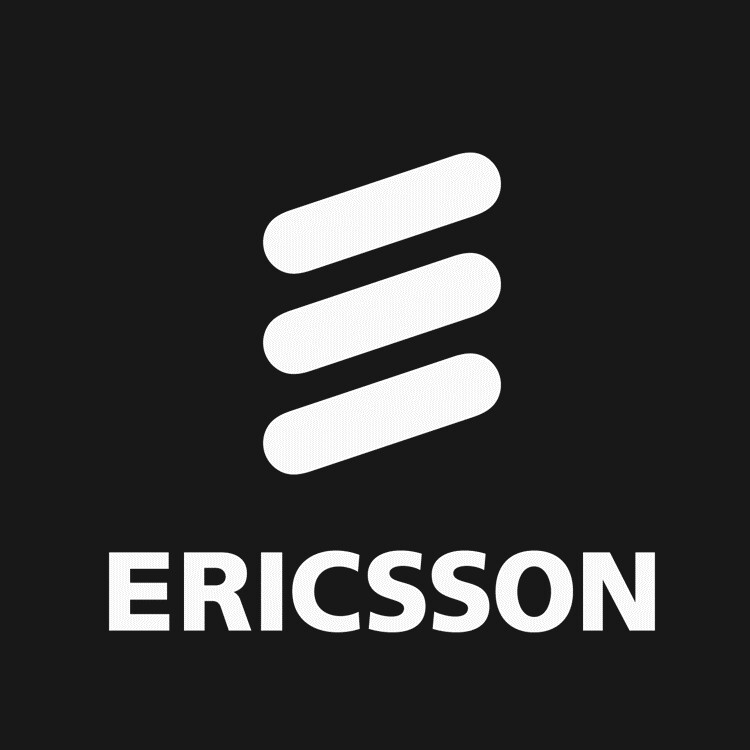Swedish multinational networking and telecommunications company Ericsson (NASDAQ: ERIC) has launched a 5G network slicing solution for radio access networks (RAN) that will help the global communications service providers to deliver customised 5G services with guaranteed performance.
Even though commercially available now, Ericsson 5G RAN Slicing allocates radio resources at 1-millisecond scheduling and supports multi-dimensional service differentiation handling across slices. This strengthens end-to-end slicing capabilities for dynamic resource management and orchestration that ensure the high-quality end-user experience required by diverse use cases.
Network slicing supports multiple logical networks for different service types over one common infrastructure. It is a key enabler for unlocking 5G revenue opportunities such as enhanced video, and in-car connectivity, and extended reality. An Ericsson report estimates $712 billion in an addressable consumer market for service providers by 2030.
The addressable market for network slicing alone in the enterprise segment is projected at USD 300 billion by 2025 (GSMA data). As 5G scales up, service providers are looking to maximize returns on their investments by targeting innovative and high revenue-generating use cases such as cloud gaming, smart factories, and smart healthcare.
Commenting on the company strategy, Ericsson Area Networks Product Head Per Narvinger says Ericsson 5G RAN Slicing dynamically optimises radio resources to deliver significantly more spectrum-efficient radio access network slicing.
“What makes our solution distinct is that it boosts end-to-end management and orchestration support for fast and efficient service delivery. This gives service providers the differentiation and guaranteed performance needed to monetize 5G investments with diverse use cases. With 5G as innovation platform, we continue to drive value for our customers,” said Per Narvinger.
Network slicing is one of the major 5G deployment models. Ericsson has ongoing 5G network slicing engagements for RAN, transport, core network and orchestration across the globe involving use cases for theconsumer segment and enterprises/industry verticals such as video-assisted remote operations, AR/VR, TV/Media for sports event streaming, cloud gaming, smart city, and applications for Industry 4.0 and public safety.
Expressing happiness on Ericsson strategy, KDDI Executive Officer and Mobile Technology Chief Director Toshikazu Yokai says end-to-end slicing is key to monetizing 5G investment and RAN slicing will help make that happen.
“Across different slices in our mobile networks, RAN slicing will deliver the quality assurance and latency required by our customers,” said Toshikazu Yokai.
Swisscom Head of Mobile and Mass Market Communication Mark Düsener says the company is gearing up for the next stage of 5G where it expects to apply end-to-end network slicing, and RAN slicing is key to guaranteed performance.
“With efficient sharing of network resources across different slices, we will be able to provide communications for diverse 5G applications such as Public Safety or Mobile Private Networks,” said Mark Dusener.
Strategy Analytics Networks and Service Platforms Director Sue Rudd says Ericsson is the first vendor to offer a fully end-to-end solution with RAN slicing based on dynamic radio resource partitioning in under 1 millisecond using embedded radio control mechanisms to assure Quality of Service, Over the Air, in real time.
“This truly end-to-end approach integrates radio optimization with policy-controlled network orchestration to deliver inherently secure virtualized private RAN slicing without the loss of the 30 – 40 percent spectrum capacity due to ‘hard slicing’. Ericsson’s real-time dynamic RAN slicing bridges the ‘RAN gap’ to make e2e slicing profitable,” said Sue Rudd.





